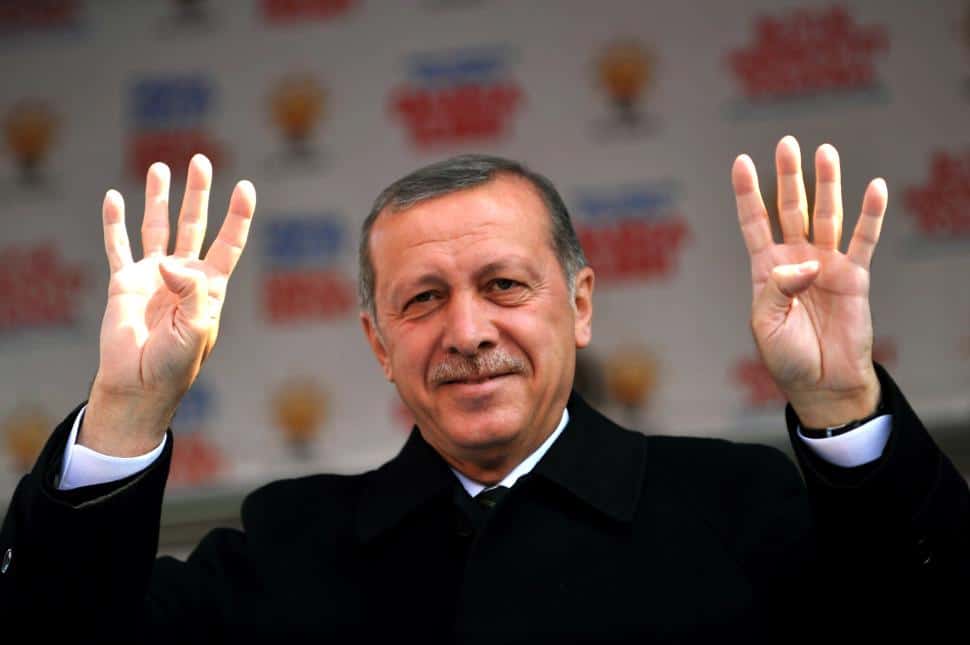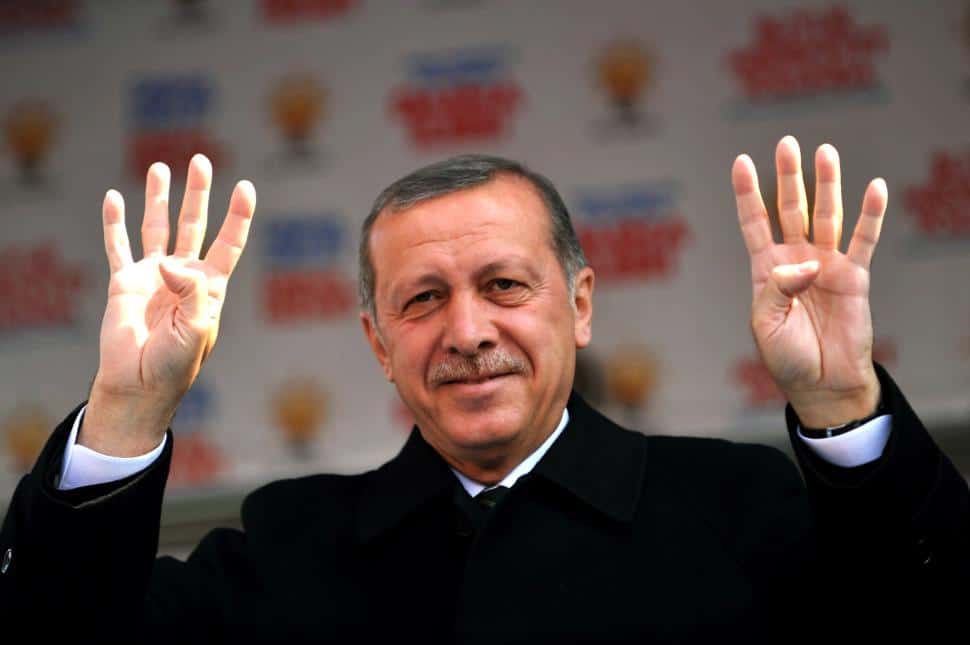
Few phobias run deeper in Europe than the fear and hatred of Turks. For at least six hundred years, Europe was locked in innumerable wars with first Seljuk, then Ottoman Turks. My big St Bernard is a descendant of dogs bred to attack Arab and Turkish raiders coming over Switzerland’s St Bernard Pass.
Today, by contrast, there are some 10 million ethnic Turks in Europe, most of whom came in past decades as guest laborers, prized for their hard work, honesty and reliability.
Turkey joined NATO in 1952 at a time when the US dominated the continent and Mideast. The Turkish armed forces were the second largest in NATO after the US. Joined at the hip with the US military, the Turkish generals ran the government in Ankara behind a screen of squabbling politicians. The US gave Turkey its marching orders. Turkey’s small but powerful westernized elite was delighted to follow Washington and keep Islam in Turkey handcuffed or exiled to rural areas.
This all changed in 1994 when a young, 40-year old nationalist, Recep Tayyip Erdogan, became a reformist mayor of Istanbul and began cleaning up and modernizing the decrepit metropolis. After a brief jail term for reading an ancient Islamic poem, he was released and formed the Justice and Development Party (AK) which is an Islamist Lite party dedicated to democracy guided by Muslims principals of national pride, welfare for the poor and elderly, sharing wealth, supporting fellow Muslims and urging followers to lead lives of moderation.
There was no stopping the dynamic Erdogan, who was a semi-pro footballer before his full-time political career. By 2003, he was elected prime minister by Turkey’s 81 million people and ever since has proved wildly popular with the majority of Turks. The big city westernized elites in Turkey, who deny their Muslim culture and try to pass for Europeans, bitterly oppose Erdogan and his Islamic allies.
Under Erdogan’s predecessors, the alliance of westernized elites and the military controlled the nation’s media, education, courts, diplomatic corps and big business, all with Washington’s blessing.
During the long pre-Erdogan era, Turkey’s parliamentary government was a bad joke and its finances catastrophic. Turks are great soldiers, cooks and architects, but not so good with finances. During the Ottoman days, finance was often run by Armenians, Jews and Greeks (as in Czarist Russia).
Over the past decades, Erdogan and his AK have restored Turkey’s rickety finances, boosted the economy, imposed more efficient, honest government, made peace with the restive Kurdish minority, ended feuds with neighbors, and forced the 600,000-man army back to its barracks and out of politics. The generals and secular bigwigs, who staged 16 coups since WWII, were enraged.
To no surprise, the elite and some generals launched yet another coup in July 2016. The coup, joined by key army and air force units, came close to killing Erdogan but was then thwarted by a massive national popular uprising that blocked the plotter’s tanks and airfields. Some 10,000 people were involved in the coup, including senior officers, academics, journalists and two other key plotters: Turkish religious cult leader Fethullah Gulen, who lived in exile in the US; and a few members of Turkey’s shadowy intelligence agency, MIT which spearheaded Turkey’s covert intervention in Syria. The coup was based at the US-run airbase at Incirlik. Most Turks believe the US was behind the coup.
Washington has long been annoyed by Erdogan’s independent-minded actions, notably in Syria and Palestine. Israel’s hard right government, now the dominant force in US foreign policy, despises Erdogan for supporting the Palestinian cause. As a result, the US intelligence services, media and Congress are bitterly anti-Erdogan. His warming relations with Russia have further annoyed the US, leading to more anti-Erdogan plots in the military. The US media keeps blasting Erdogan while totally ignoring the brutal dictatorship in Egypt, a major US-Saudi vassal state.
Hostility against Erdogan has increased since he won a landslide electoral victory this month to become Turkey’s new, powerful president. He had emerged as the most important Turkish leader and modernizer since Ataturk, who died in 1938. If Turkey only had oil, as it did pre-WWI, it would be an important world power.
Reprinted with permission from EricMargolis.com.

